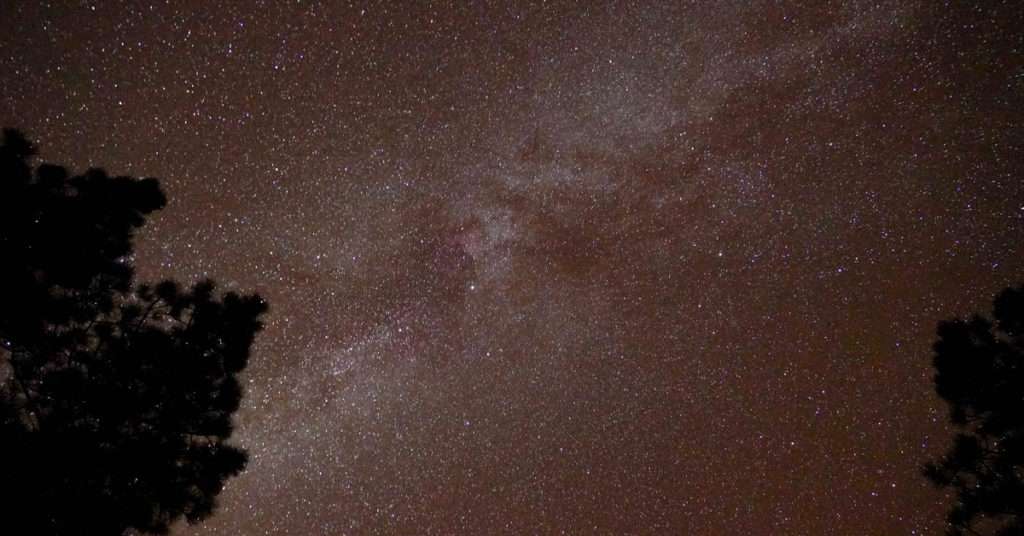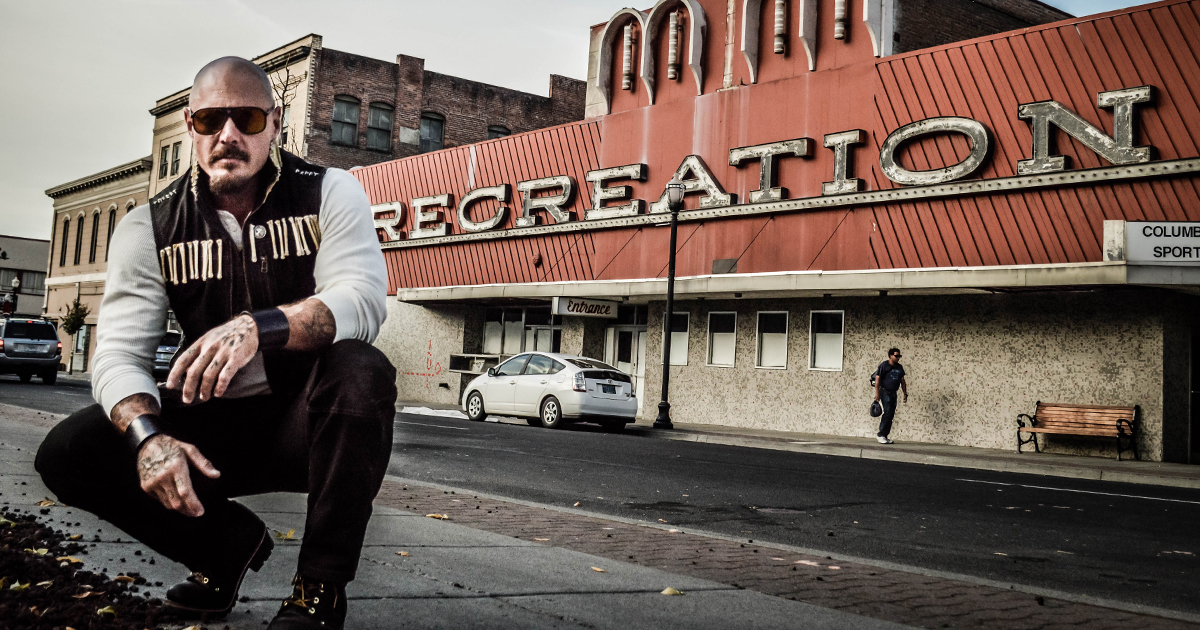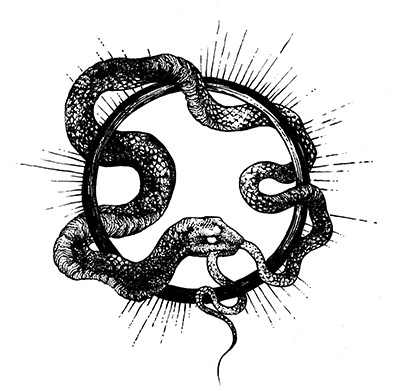A reading of this essay is available as a bonus episode of Start The World.
Introduction:
Last year, I started promoting a slogan that seems to be catching on, and in response to a lot of questions about what it means to “stay solar,” I’ve decided to sketch out what I mean by it. I presented some of this material in a speech titled “Manly Idealism,” given at the 21 Convention in October 2019, and I expect that speech to be available online in a few months, first through 21 University, and then “free to the world.”

Throughout human history, and certainly in Indo-European cultures, men have revered some force in the sky, associated with day and the light. The sky fathers and all-fathers reigned from above, and men looked upward to these primal patriarchs for guidance on how to live more righteously — how to take the higher path. As it is explained in Plato’s Republic, this highest force and greatest good isn’t quite the sun, but the sun is perhaps the best way to understand it — the sun is “the child of the good.”
“Now, that which imparts truth to the known and the power of knowing to the knower is what I would have you term the idea of good, and this you will deem to be the cause of science, and of truth in so far as the latter becomes the subject of knowledge; beautiful too, as are both truth and knowledge, you will be right in esteeming this other nature as more beautiful than either; and, as in the previous instance, light and sight may be truly said to be like the sun, and yet not to be the sun, so in this other sphere, science and truth may be deemed to be like the good, but not the good; the good has a place of honor yet higher.”
— Plato. The Republic
In true, complete darkness, there is no truth or beauty whatsoever. True darkness is the void, and all things — all forms — are unintelligible. As Socrates makes clear, unlike the other sense organs, the eye requires light to see anything at all.
My formulation of what it means to stay or to be solar is a synthesis of mythic and scientific understandings of the sun and the nature of the cosmos. To our ancient ancestors, the sun made its way across the sky and disappeared at night, giving a sense to some that it was forced to “endure” the darkness and the night, only to emerge triumphant each morning. Today we know that the earth actually revolves around the sun, though the sun has its own very long orbit around the galaxy. Science tells us more than the ancients knew about gravity and space and the fiery nature of the sun, but to my mind, this information only enhances and adds depth to the analogies and metaphors about the sun and its influence over us.
While the solar mindset is present and even articulated in many religions, I don’t believe it favors any particular one or conflicts with most of them. In fact, while the specific doctrines and elements of many religions may contain anti-solar elements that are servile and submissive or based in the dark jealousy of ressentiment, I believe that the qualities I am associating with the sun and solarity are consistent with the way most men envision a benevolent god or sovereign.
“…the thing a man does practically believe (and this is often enough without asserting it even to himself, much less to others); the thing a man does practically lay to heart, and know for certain, concerning his vital relations to this mysterious Universe, and his duty and destiny there, that is in all cases the primary thing for him, and creatively determines all the rest. That is his religion…”
— Thomas Carlyle. On Heroes and Hero Worship and the Heroic in History.
Many have asked me if “Stay Solar” is some kind of Stoic mantra.
What “staying solar” has in common with Stoicism is emotional control, and as “life is conflict,” maintaining emotional control is a challenge that ends only after death.
A lot of men talk about Stoicism without having read the Stoics. In the popular mind, Stoicism sometimes appears to mean “THIS IS SPARTA!!” or “suck it up” or “can’t hurt me” and lends itself to a lot of tryhard tough-guy posturing. This would probably confuse a sensitive, thoughtful fellow like Marcus Aurelius, who, as far as I can gather, was not very much like Leonidas at all.
My beef with Stoicism is that it seems a bit too focused on acceptance, a bit too detached from outcomes…a bit too, “this is fine…”
The sun is hot and violent, made of fire and storm — but it retains its shape, its path, its gravity and the system of order that spins around it.
Gravity
Know your purpose. Stay centered and on task. Aim, whenever possible, to be an unmoved mover — to be a cause rather than an effect or the affected. Do not allow yourself to be pulled into petty disputes or frivolous pursuits. Remember who you are and what you are doing, and what your responsibilities are — and for all of it, why. Know your reasons and motivations — cultivate self-awareness.
One could call this “discipline,” but something about the word discipline sounds like a cracking whip to my ear — though it comes from the same root as “disciple” and implies the acceptance of teaching or an external order.
Perhaps it is more productive and life-affirming to think about maintaining a clarity of identity and purpose, and evaluating patterns of thought and action in terms of whether or not they facilitate or contribute to that purpose.
The sun is massive, stays on its own course and has a gravity of its own. The root of the word gravity means “weight” or “heavy.” The Romans considered gravitas a virtue, particularly in leaders. Speaking with gravity means conveying that weight by showing that you take yourself seriously, and that you are firm and will be “difficult to move” if you believe that your cause is righteous.
This does not mean that you will never compromise or change your mind over time— that would be foolish and unwise — but it does convey a certain integrity and trustworthiness. People who change their beliefs depending on who they are talking to eventually reveal themselves to be untrustworthy, because their marks eventually compare notes.
Order
As things shoot and move and float around them, objects with mass and weight and gravity are creators of orders and systems. Each sun is a creator of cosmos, of order, in the midst of the greatest chaos, the expansive disorienting void of outer space.
Man seeks order and in the absence of order, creates his own provisional order. He does this with his environment, with the people around him, and his own psyche. Consciousness itself is cosmo-generative.
The creation of order is the primary characteristic of solarity.
Do not confuse defiant creation with defiance for the sake of defiance. Defiant creation defies disorder to create order or rejects stagnant orthodoxy to improve an existing order. Defiance for its own sake merely perpetuates chaos.
Illumination
Be a calm source of illumination that reveals truth, whether it is ugly or beautiful. Seek out the truth of things and share it with those who are interested or ready to hear it — but don’t become another street corner prophet shouting at strangers.
Solarity is a paternal concept, so telling people the truth doesn’t always mean telling people what they want to hear. Sometimes it means telling them an uncomfortable truth that they need to hear — without malice or anger.
Do not confuse the revelation of truth with petty, trashy and malicious gossip. The prevailing Zeitgeist is salacious and gossip-driven. Anyone can be embarrassed and stripped of dignity. Few would want to be photographed on the toilet, though nothing is inherently wrong or shameful about going to the bathroom. What is the cumulative, overall truth of a person? What have they accomplished? How have they helped and inspired others? How do they treat the people around them?
Reveal the simple truth, like the sun at noon.
Human life is more beautiful and interesting with an interplay of light and shadow, and there is value in mystery, but do not rely on shadow to obscure and deceive. Beware of people who romanticize the dark and want to remain in the shadows. What truth are they hiding?
Be the light, and let the shadow reveal its absence.
Warmth
Without the sun, the Earth would be a frozen rock shooting through space.
Take a moment to think about how life-giving that makes the sun. Every forest and field and jungle and blade of grass on Earth reaches toward it and depends on it. No animals, much less men, would be able to survive on earth without it.
The sun can be blinding, and you can die from overexposure to its light. It is not benign, but it is for the most part benevolent — if we anthropomorphize a bit.
Are you a source of life-giving warmth in the lives of the people around you, or a collapsed sun— a black hole that draws them in and crushes them. Do the people in your orbit and the people you come in contact with every day feel improved by your presence? Do you make the people around you better or worse?
People love to complain, but it doesn’t help them. Be a source of inspiration, not commiseration.
The sun has warmth and energy to spare. What it gives doesn’t deplete it in any meaningful way.
Don’t operate in a “zero-sum” frame. Most of us are mobile, and we aren’t fighting over some closed, tiny market of friends, potential partners, or potential clients. Adopting an abundance mentality makes you appear more confident and less desperate — and ideally you will also become more confident and less desperate.
Let the low-energy vermin fight over every scrap in the alley, and turn your mind to greater concerns.
Conclusion
Any one of the virtues I’ve described above has been exalted by any number of religions, philosophies and motivational books. None of them are new. Each can be expanded upon and developed substantially.
Men have idealized and modeled themselves after sky fathers and solar entities for thousands of years. The sun is a powerful symbol — in fact I can’t think of a symbol more figuratively or physically powerful. The sun is unifying and universal. We can all look upward to see and contemplate the same sun. We can look inward and cultivate our own solarity. There’s nothing arcane about the sun and nothing could be less “occult” — less hidden or secret.
The slogan “stay solar” seems to have resonated with a lot of men, even men who years ago would have considered themselves drawn to darker or more oppositional ideologies. I believe that’s because it’s the right message, and it is the message men need right now. We live in an age of unhinged hysteria, where people feel compelled to react to or comment on a relentless barrage of trending outrages and curated “news” about strangers. All the old rules are in flux and no one seems to know what the new rules are yet.
So, when you are surrounded by all of this confusion and anger, be like the sun. Remember who you are and who you want to be. You’re the man, so be the man. Be the order. Be the light. In the midst of chaos and darkness, stay solar.
It’s a little like that line from Kipling’s “If.”
“If you can keep your head when all about you, are losing theirs and blaming it on you…”
Cultivating solarity is a response to darkness and confusion and anger and anxiety. It is a response to cynical nihilism, but it requires no retreat into childish naiveté or delusion. It’s optimistic, but not foolish. It’s a positive response to negativity. And it’s a personal response, because it starts with you.
I do not claim to be the perfect embodiment of any of the virtues or ideas I have espoused above. I’m going to put the best of myself forward, but I believe that the world loves nothing more than to see the inevitable deflation of men who puff out their chests too far, claiming to be something that they are not. The gods have always punished hubris, and I value humility in myself and the men whom I admire. As I have written in the past, “this is for me, too.” Writers who connect with men authentically write the things they themselves want to read or need to hear. These are virtues I’m working on myself, not just preaching to others.
Men can all do better, and we can all try a little harder to be and to stay solar.

The “Solar Vision” Symbol
You’ll find this symbol on my work and throughout this web site. It represents my own synthesis of the overseeing eye and a sun wheel.
This particular design is modeled after a Bronze Age sun wheel pendant originally found in Zürich, dated to the 2nd Millennium B.C. It was probably a Celtic symbol, as the Celts moved though the area around that time, so it likely would have been associated with the Celtic god Taranis, who was a god of thunder and lightning, not unlike Zeus or warrior gods like Thor or Indra. Lightning is often seen as a solar weapon, or as demonstrating the power of the god who rules the sky. Taranis was also depicted holding a wheel. The sun wheel, sun cross, or Sonnenkreuz symbolizes not only the sun, but motion and momentum, turning and action — referencing the spoked wheel and the terrible glory of the battle chariot. The sun itself is often represented by another deity, sometimes male (Helios), sometimes female (Sól/Sunna). However, the primary patriarch is sometimes believed to be “the eye in the sky.”
I created this hybrid symbol for my book, A More Complete Beast, to represent the concept of “solar vision,” which has evolved in my mind to represent and include the concepts discussed above.
The solar father as creative visionary who orders the world…
Usage and attribution
I created this exact symbol, as far as I am aware, though there are certainly many other eyes in wheels and suns and similar symbols.
My ideas are meant to be spread, so if you want to get this tattooed on your body or use it in a piece of your own artwork, I encourage this and grant my permission.
If you post it online, please include a link to this page or my site or one of my social media accounts, along with a note of attribution.
Please do not reproduce this symbol on merchandise to be sold for profit (or “non-profit”) without written permission from me, personally.





